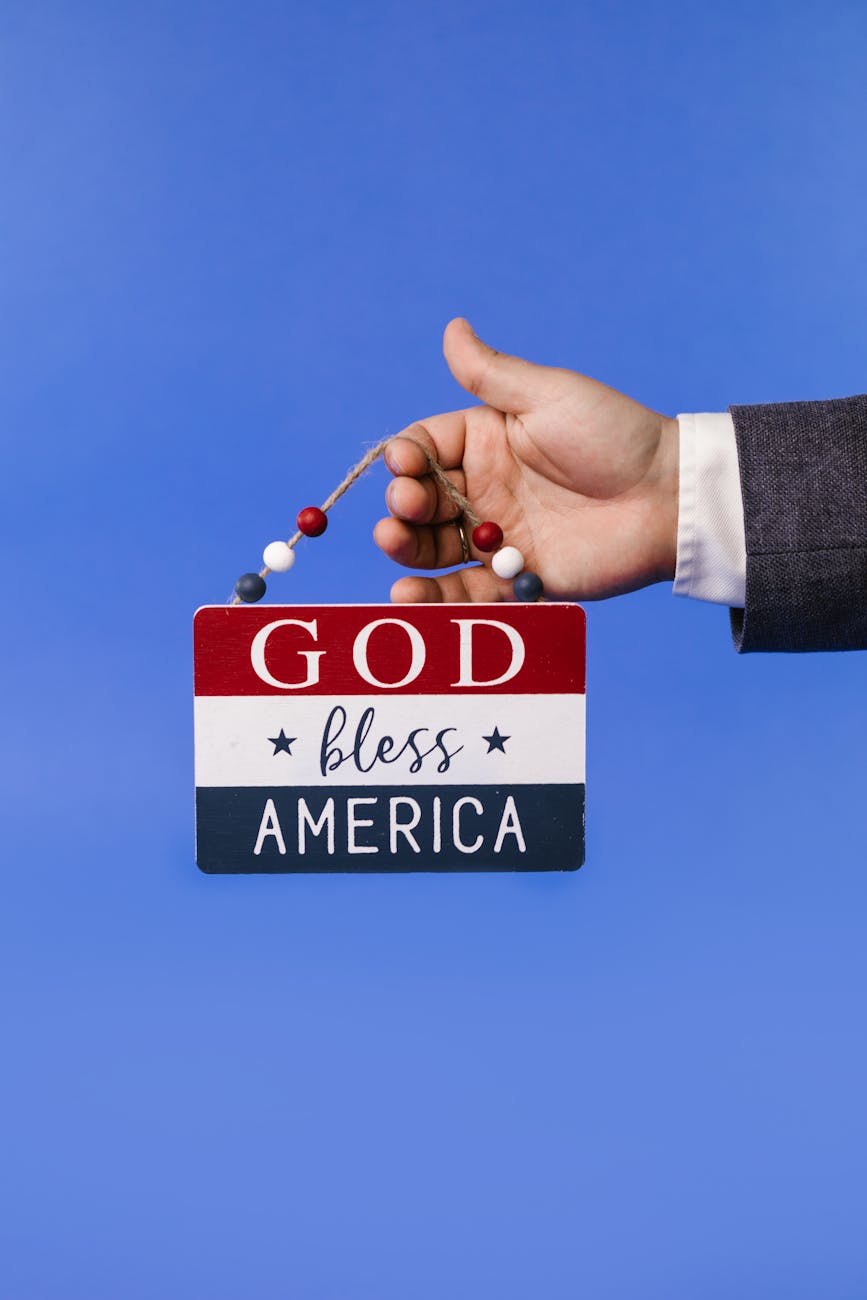Trump’s Bold Move: Threatens Control Over DC Police for ICE Compliance
Trump’s Tension with DC Police
In a high-stakes maneuver, former President Donald Trump has issued a stark warning to the Metropolitan Police Department (MPD) in Washington, D.C. After his recent 30-day emergency control of the department expired, Trump is now threatening to retake charge if the police do not cooperate with U.S. Immigration and Customs Enforcement (ICE). This situation has escalated tensions between local law enforcement and federal immigration authorities, placing a spotlight on the contentious relationship surrounding immigration enforcement in the capital.
The Background of Trump’s Control
Trump’s previous control over the MPD was a controversial move, intended as a rapid response to what he characterized as a lack of cooperation from local police regarding immigration enforcement. His administration criticized sanctuary policies that protect undocumented immigrants, arguing that such practices hinder national security efforts. Trump’s approach was emblematic of his hardline immigration stance, which consistently framed the issue as a matter of safety and lawfulness. With the expiration of his emergency control, Trump is now resorting to threats, indicating he is willing to seize power if necessary to enforce compliance with federal immigration laws.
Implications for Local Law Enforcement
The implications of Trump’s threats are significant for local law enforcement agencies, which have historically operated independently of federal directives. The MPD faces a dilemma: should it align with federal immigration enforcement, which could alienate immigrant communities, or maintain its stance on local policing priorities? This predicament is not just about law enforcement; it reflects broader societal debates on immigration, community safety, and the balance of power between local governance and federal oversight.
Local police departments across the country are caught in a crossfire. Many officers want to focus on public safety rather than immigration control, fearing that engaging with ICE could undermine their relationships within the communities they serve. The risk of creating an environment of fear among immigrant populations is real. If police are seen as extensions of ICE, trust diminishes, and vulnerable communities may become less inclined to report crimes or cooperate in investigations.
The Broader Context of Immigration Enforcement
Trump’s aggressive posture towards the MPD is not an isolated incident; it is part of a larger narrative around immigration enforcement in the United States. Many local law enforcement agencies have pushed back against federal immigration policies, arguing that they erode trust within communities. Across the nation, cities and counties have adopted sanctuary laws, intended to protect undocumented immigrants from deportation and ensure that local resources are not diverted to federal immigration enforcement. This resistance underlines a profound shift in attitudes towards immigration, as communities strive to maintain a sense of safety and inclusivity.
The public reaction to Trump’s threats has been mixed. Supporters of stricter immigration policies may applaud his willingness to confront local law enforcement, viewing it as a necessary step to restore order and enforce immigration laws. Conversely, advocates for immigrant rights are likely to see this as an overreach, one that threatens public safety by creating fear and division. The debate is charged, revealing deep ideological divides that permeate American society.
What Lies Ahead?
As tensions rise, all eyes are on the MPD and its leadership. Will they bend to Trump’s demands, or will they continue to prioritize their relationship with the communities they serve? The stakes are high, not just for the police department but for the social fabric of Washington, D.C. The outcome of this conflict could set a precedent for how local law enforcement interacts with federal immigration policies going forward.
Moreover, this situation raises questions about the future of policing in America. How will local departments navigate the fine line between enforcing the law and protecting their communities? The response from police chiefs and local officials could influence the national conversation around immigration, law enforcement, and community relations.
Questions
What impact could Trump’s threats have on community-police relations in D.C.?
How will local law enforcement agencies respond to federal pressure regarding immigration?
What are the potential consequences for undocumented immigrants in the area?

